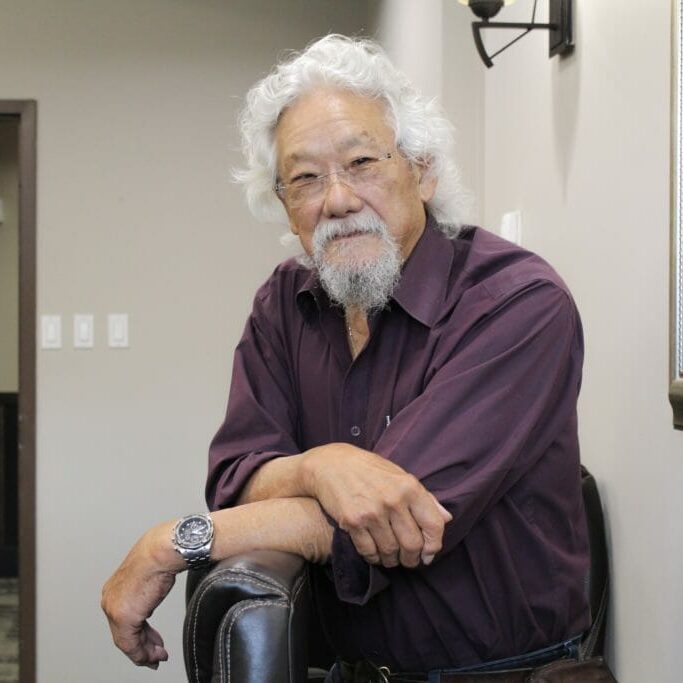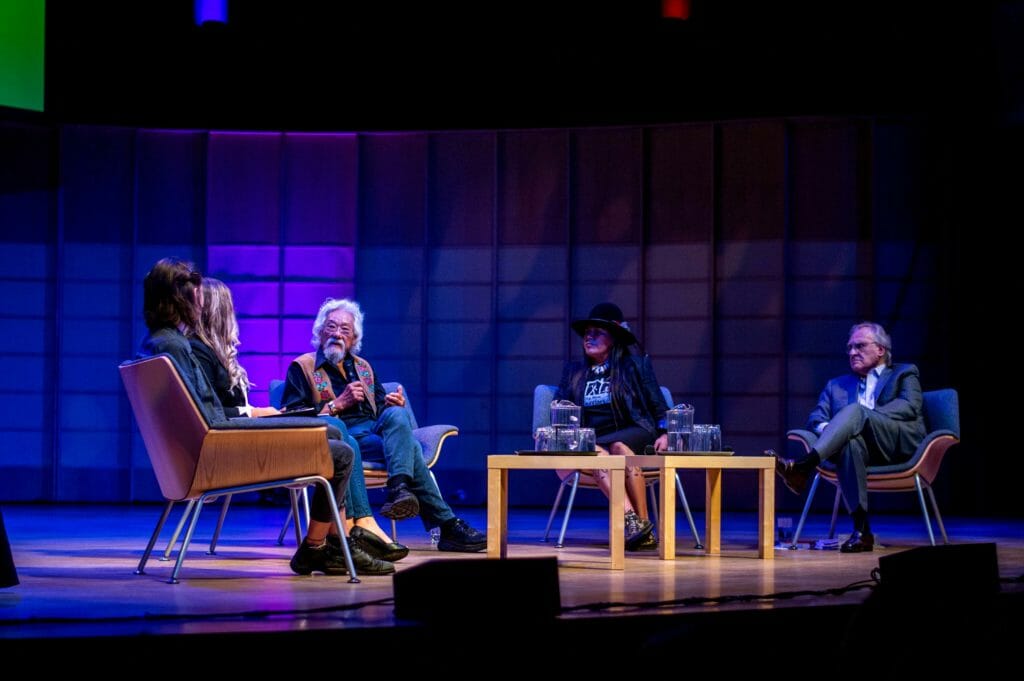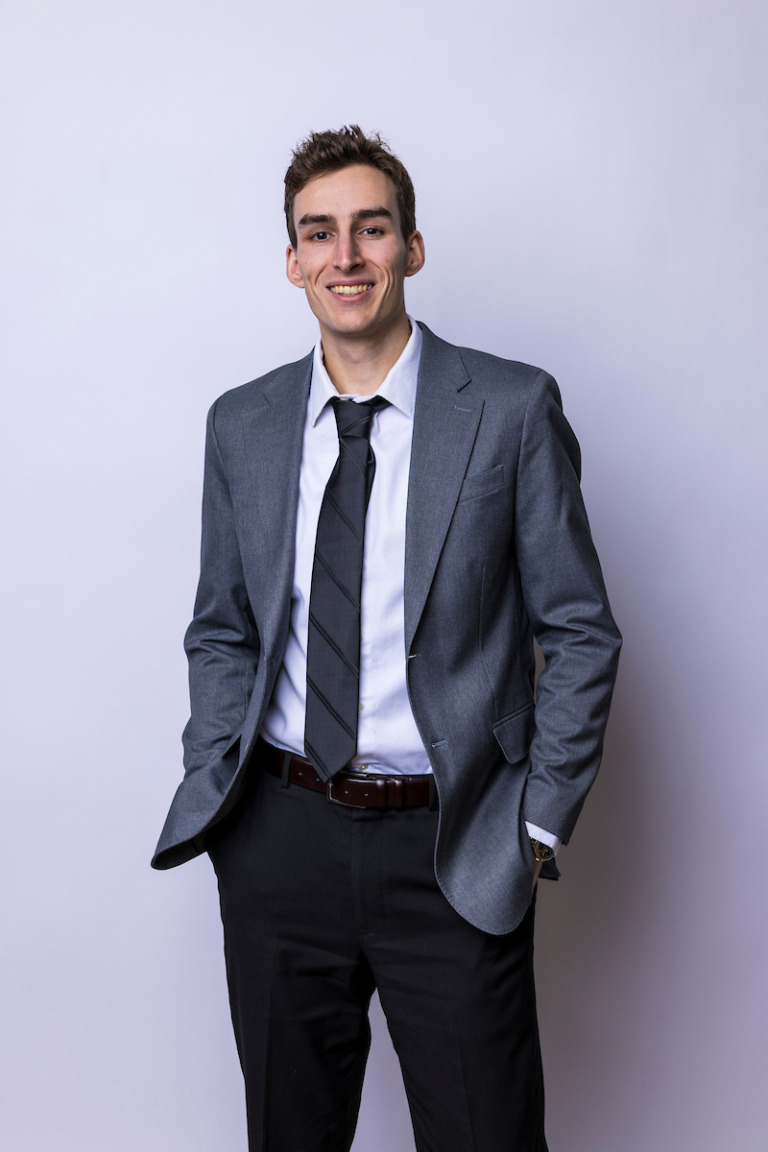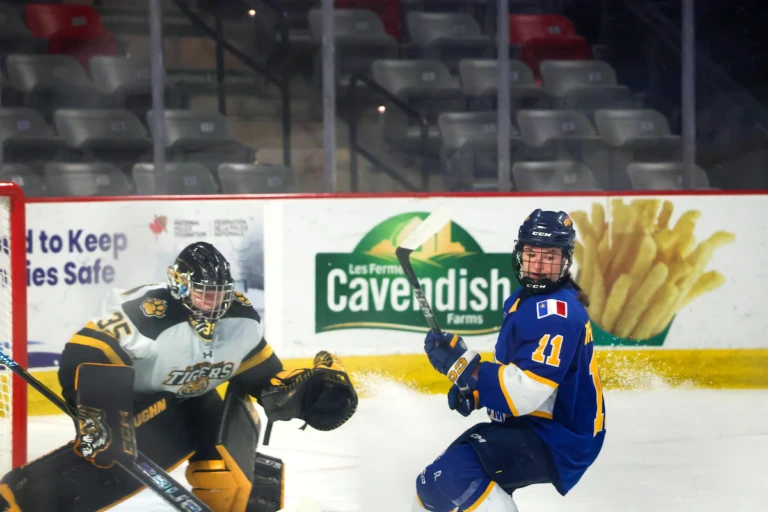
David Suzuki weighs in on Climate Week and more
“We need a war effort,” says the environmental activist and scientist
“What kind of a species are we, that it ends up being children who are asking us to do the right thing?” asked David Suzuki. The Gazette caught up with the environmental activist and scientist while he was in Halifax, preparing for his Climate First Tour event with fellow environmentalist Stephen Lewis on Sept. 24.
“Children should be getting an education and making new social networks and friends – that’s children’s job. Not doing what Greta is doing. But thank god they’re doing it.”
On Sept. 20, 2019, over 4 million people in 185 countries took to the streets to demand strong climate action from their governments, according to The Guardian, making this the largest-scale climate protest in history. These demonstrations also marked the beginning of Climate Week, during which events will be held around the world in support of climate action. The week of action will wrap up on Friday, Sept. 27 with another global climate strike.
The Friday strikes are a part of the Fridays For Future movement, which started in August 2018 with Swedish high school student Greta Thunberg. To protest the government’s lack of climate action, Thunberg sat outside of the Swedish parliament every weekday for three weeks.
In September of 2018, Thunberg vowed to continue to strike every Friday until policies were implemented to respond to the climate crisis. In November of the same year, students in other countries, including Canada, began striking in solidarity, according to a Fridays for Future report.
“Greta has had this unbelievable impact,” said Suzuki. “She’s been the one person to pierce through all the denial. She just comes through crystal clear.”
The first Fridays for Future student strike here in Halifax took place in February of this year, according to The Coast. As a result of the organizational efforts of Citadel High School students Willa Fisher and Julia Sampson, the youth turnout to the first strike was over 300. Now, in collaboration with local and global partners, Fisher and Sampson are taking on organizing a number of the main K’jipuktuk-Halifax Week of Climate Action events.
While the recent climate strike movement has been spearheaded by students, non-students and people of all ages are being called on to join in the action. In an interview with The Coast, Fisher said: “we want to send a message to everyone who can vote to vote for climate.
“The Week of Action helps to reach out to the rest of the community. It goes from a bunch of students walking out of school to building community with the rest of the population who want climate justice.”
The schedule for the K’jipuktuk-Halifax Week of Climate Action includes events such as public talks, poster-making, community gardening and film screenings.
David Suzuki and Stephen Lewis’ tour is one of the major Climate Week events happening on Dalhousie University’s campus. The pair, along with a variety of guest speakers, are visiting campuses across Canada to speak to students about the urgent issue of climate change, heading into the October federal election.

“We have to make some big decisions and we’ve been given a very narrow window,” Suzuki said, referring to the 2018 report by the Intergovernmental Panel on Climate Change (IPCC) which states that in order to prevent global temperature rise from exceeding 1.5 degrees, CO2 emissions will need to be reduced by 45 per cent by 2030.
He added: “the reason students are so important is that this issue is going to reverberate through their entire lives.”
Climate Week organizers in Halifax – and around the world – are focused on keeping respect for Indigenous rights and sovereignty central to climate action. A report from the IPCC released earlier this year stated that recognizing the rights of the world’s Indigenous peoples, local communities and women within those groups is an essential and scalable part of climate solutions.
A number of the Climate Week events in and around Halifax reflect this commitment, including a bake sale in support of the Alton Gas resistance, a community water walk in Tatamagouche and a screening and discussion of Standing Rock parts 1 and 2 (Sacred Water and Red Power).
Suzuki has, for decades, been an advocate for the importance of respecting Indigenous knowledge and voices across Canada. It is also a topic he touches on with Stephen Lewis in the Climate First Tour.
“We have an opportunity to learn a way of seeing the world through the Indigenous people. Environmentalists are finally realizing that their fight is our fight.”
He hopes that the recent momentum and mobilization will continue well beyond the end of the Climate Week. Suzuki recalled his daughter Severn’s speech at the UN climate summit in Rio de Janeiro in 1992:
“You are what you do, not what you say,” Suzuki said, quoting her. “I think young people should learn that.”






